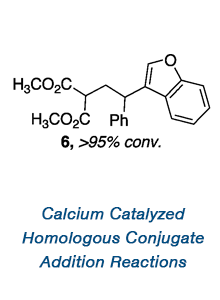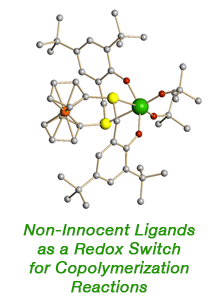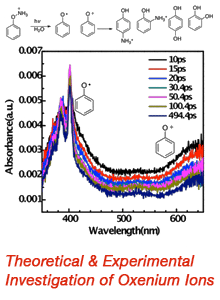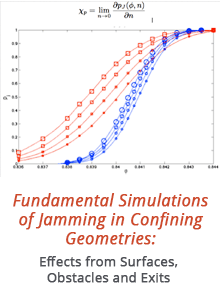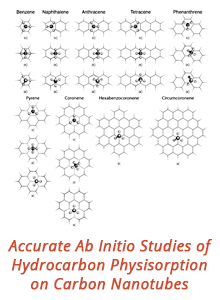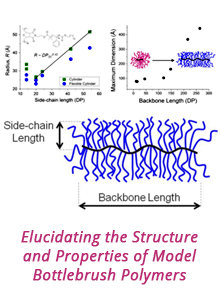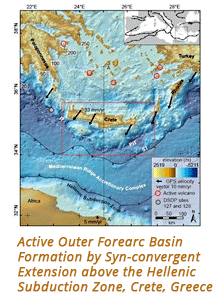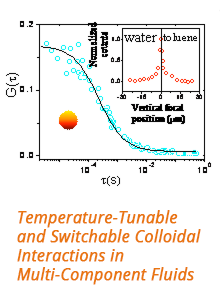58th Annual Report on Research 2013 Under Sponsorship of the ACS Petroleum Research Fund
Dr. Jingyi Chen
 Department of Geosciences
Department of Geosciences
University of Tulsa
Accurate Hydraulic Fracture Characterization using Microseismic and Production/Welltest Data
Dr. Jingyi Chen, the Decker Dawson Assistant Professor of Geophysics at the University of Tulsa, has been using support from the ACS Petroleum Research Fund to develop calculation methods to predict the fracture network and distribution of rock properties in an oil well. Motivated by an interest in applying established geophysical techniques to petroleum engineering, Dr. Chen has integrated microseismic data from multi-stage hydraulic fracturing with production data from hydraulically fractured oil wells.
After receiving his Ph.D. in Solid Geophysics from the Institute of Geology and Geophysics of the Chinese Academy of Sciences in Beijing, and completing a post-doctoral fellowship in the Department of Earth Sciences of the Memorial University of Newfoundland, Dr. Chen moved to the University of Tulsa in 2010. At Tulsa, Dr. Chen began collaborating with Petroleum Engineering professor, Dr. Gaoming Li, on research applying seismic techniques to the analysis of well-logging data. In 2010, the two professors applied for and received an ACS PRF New Directions grant, “Accurate Hydraulic Fracture Characterization Using Microseismic and Production/Welltest Data.” Dr. Chen has continued this research after Dr. Li left for a position in industry.
Different scientific disciplines use different data sets, and may have varied perspectives on a given physical object, such as a drilled oil well. For example, microseismic data can be used by geophysicists to determine various properties associated with geological structure, whereas petroleum engineers typically use well data to analyze the properties and structure of a producing oil well. Drs. Chen and Li hypothesized that these two types of data could be complementary, and could be used to analyze the effects of hydraulic fracturing on production from a drilled well.
When a drilled well is producing oil or natural gas, it is not economically viable to collect the type of data which would make its subsurface fractured structure most apparent. Therefore, Dr. Chen used Ensemble Kalman filtering (EnKF) and Bayesian statistics to analyze P-wave seismic velocity data from a grid of monitoring wells, using the resulting microseismic event locations and distribution of rock properties as an indicator of fracture patterns.
ACS PRF grant support has enabled one graduate student, Mei Han, to earn a Ph.D., and a second student, Yin Zhang, is completing a Master’s degree. Dr. Chen is continuing his research in seismic wave propagation in heterogeneous and homogeneous media, as well as trying to generate more accurate descriptions of fracture networks through hypotheses of velocity anisotropy distribution. He believes that ultimately this could lead to methods which could enhance the efficiency in the recovery of petroleum. In the future, Dr. Chen believes he will continue to be interested in geophysical aspects and their relationship to fundamental research problems in petroleum engineering. According to Dr. Chen, "The ACS PRF grant has opened a new door for me and I am looking forward to being involved with new projects in the petroleum engineering field."
Copyright © 2014 American Chemical Society


